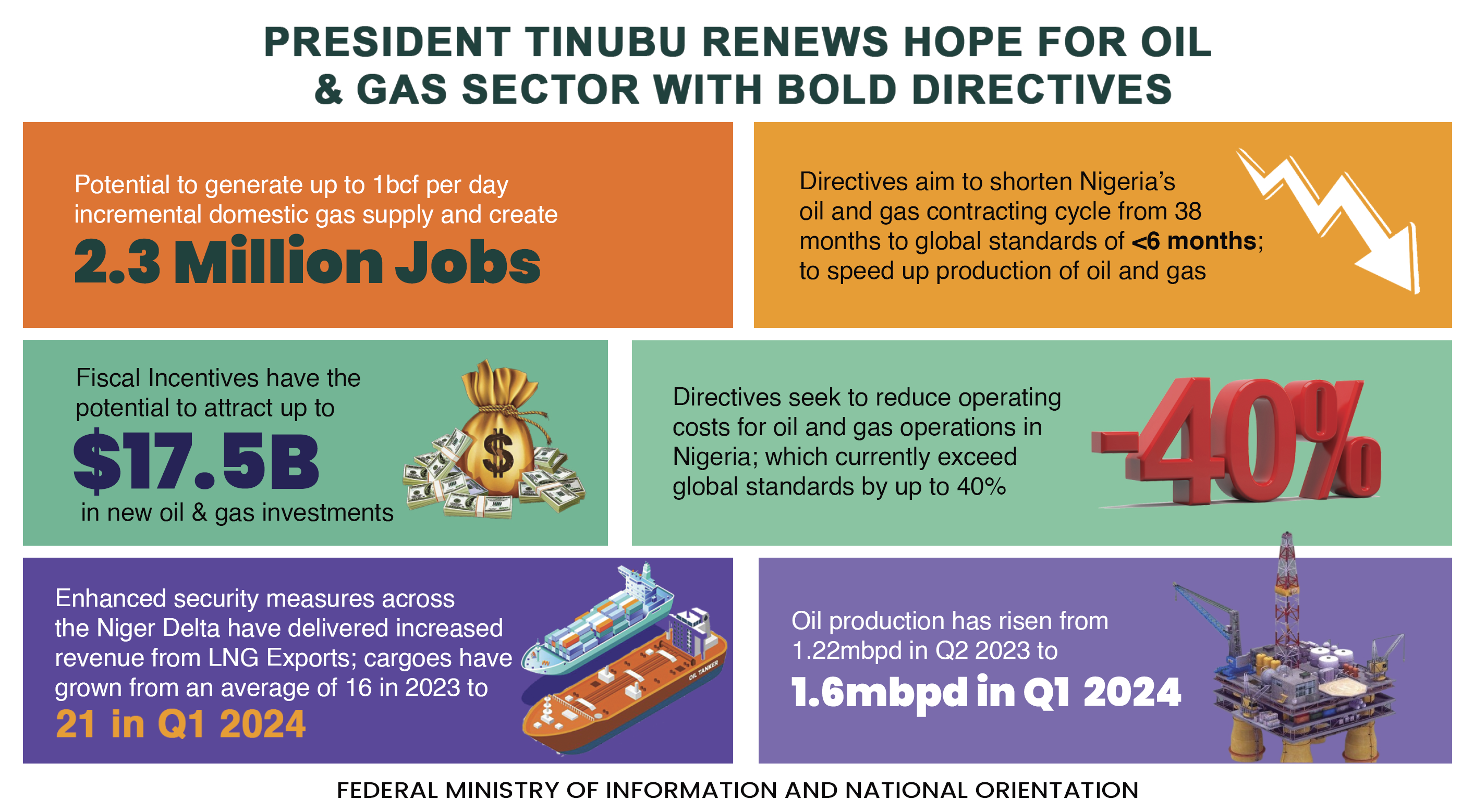On March 25, President Bola Tinubu approved the creation of the renewed hope infrastructure development fund (RHIDF).
The fund, according to a statement by Ajuri Ngelale, special adviser to the president on media and publicity, will invest in critical national projects that will, among other things, promote growth, enhance local value-addition, create employment opportunities, and stimulate technological innovation and exports.
Making clarifications about the fund in a statement on March 26, Bayo Onanuga, a presidential spokesperson, outlined the details of the infrastructure development fund.
WHAT DOES RENEWED HOPE INFRASTRUCTURE FUND MEAN?
According to the statement, Nigeria needs $35 billion each year until 2040 to cover infrastructure expenditures.
Former President Muhammadu Buhari, realising that the government could not meet the huge cost, according to the statement, established the presidential infrastructure development fund (PIDF) — with National Sovereign Wealth Authority playing a vital role.
The PIDF, he said, contributed to the realisation of critical projects, such as the second Niger bridge and the Lagos-Ibadan expressway.
However, Onanuga said the PIDF faced funding constraints, and delays in project execution, resulting in rising costs of materials and bureaucratic and institutional challenges.
These challenges, FG said, are what Tinubu’s RHIDF aim to overcome.
ABOUT THE INFRASTRUCTURE FUND
Onanuga described the initiative as a game-changing, inventive and transformative fund that will drive economic growth in road, rail construction, agriculture, aviation, education, health, energy, and technology.

He said it will also provide the elixir for crucial national projects that will accelerate infrastructure and economic development nationwide.
“With eyes on raising N20 Trillion, about $14 billion take-off capital, the Fund will support projects that will promote growth, enhance local value-addition through backward, forward and parallel linkages,” the spokesperson said
Onanuga said employment opportunities will also be created and exports promoted.
Providing an example, the presidency said improving the agricultural value chain will be the fund’s core focus to boost food security.
By fortifying agricultural infrastructure, the fund will ensure that post-harvest losses are reduced and food supply chains reinforced.
Major road networks, such as the Lagos-Calabar Coastal highway, Sokoto-Badagry expressway, Lagos-Kano, and Eastern rail lines are being targeted by the fund, while ports and aviation facilities will be modernised.
The fund, he said, will cast its net for investment capital wider than the PIDF.
“It targets Pension Funds, Concessionary Loans, Insurance companies, sovereign wealth funds, private sector arms of multilateral development institutions, bilateral private sector investors,” he said.
“Other financing sources are individual investors, including the Diaspora Nigerians, endowments and equity funds.”
WHY INFRASTRUCTURE DEVELOPMENT FUND WAS CREATED
At the federal executive council (FEC) meeting on March 25, where the fund was first presented by Zacch Adedeji, chairman of the Federal Inland Revenue Service (FIRS), on behalf of the president, the rationale for its conception was explained.
He said the fund, which will be supervised by a director-general, will be domiciled in the presidency.
According to the president, this will cut through bureaucratic bottlenecks that typically impede the implementation of beneficial projects.
Tinubu cited the Lagos Metropolitan Area Transport Authority (LAMATA), which he conceived during his tenure as Lagos governor in 2004, and how the agency oversaw the construction of two rail lines as well as some of the city’s important major roads.

